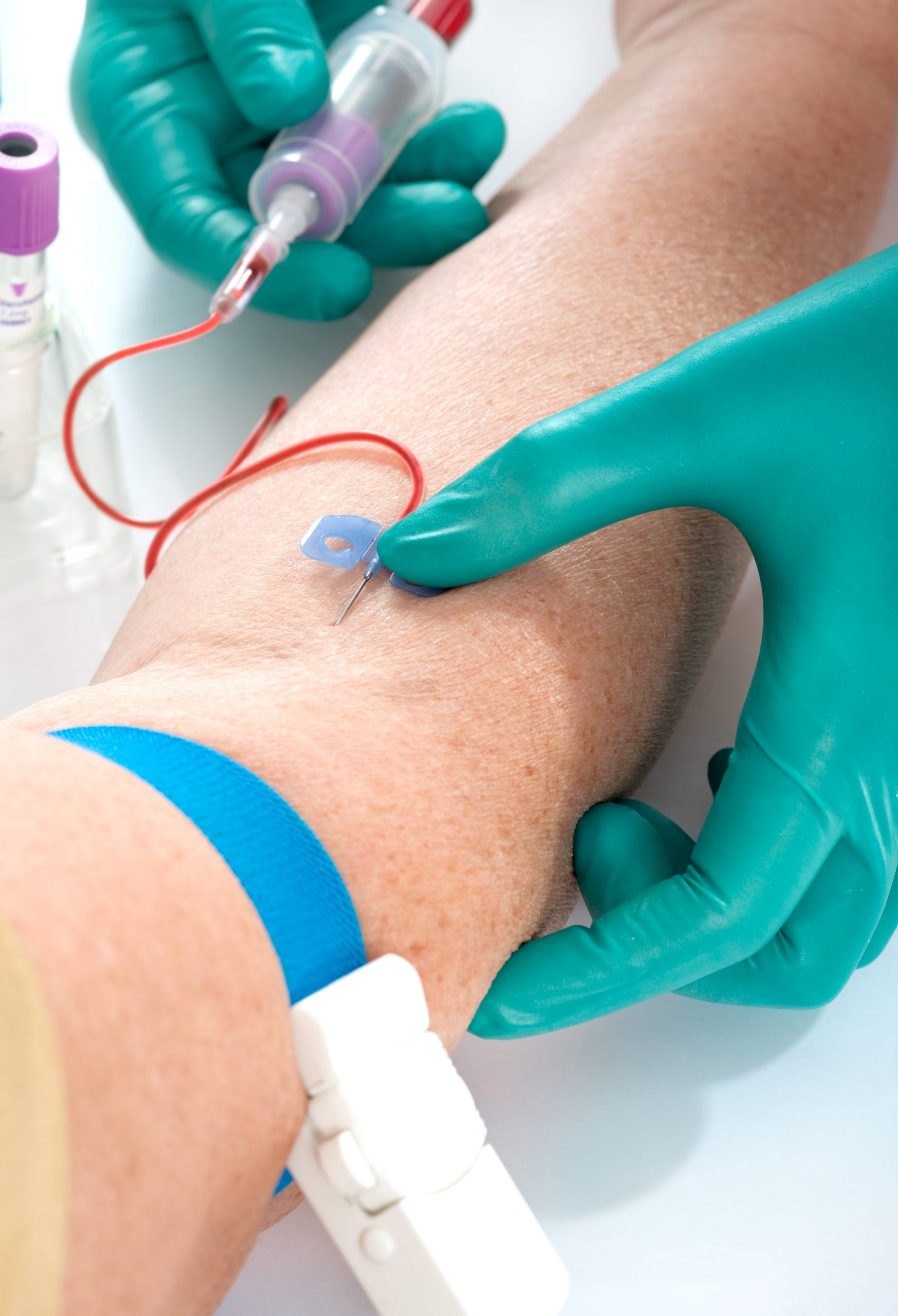Test Run: Pushing The Boundaries Of Diagnostic Blood Tests
August 28, 2019

Regular agebuzz readers may remember that there are a host of blood tests routinely conducted on older adults. Over at Better Health While Aging, Dr. Leslie Kernisan goes through the 10 commonly used blood tests for older adults. Separate and apart from each of these tests and why they’re useful, Dr. Kernisan provides some valuable advice for patients: Make sure you ask why you’re getting the blood test, what the results mean and how do they compare to prior results. Also, get copies of the results to keep on hand in case you need them for subsequent medical issues.
1
Beyond Dr. Kernisan’s excellent explanations, however, there are newly emerging blood tests that may become more routine as sophisticated technologies and artificial intelligence push the boundaries of what we can learn about the human body. For example, recently 3 such blood tests have been described in the research literature. First, for women with breast cancer, there is a new blood test in the works, using Targeted Digital Sequencing that is 100x more sensitive than current diagnostic scans in picking up DNA shed by breast cancer cells into the blood. This test should be able to more precisely pick up a recurrence of cancer or may reduce the need for unnecessary treatment and surgical interventions. Regarding Alzheimer’s, researchers from Washington University in St. Louis have just published results of the development of a simple blood test to detect early Alzheimer’s symptoms better than the current PET brain scans, with a 94% accuracy rate. The significance of such a simple test, believed to be within a few years of routine clinical use, cannot be understated, as those whose symptoms are identified early could enter clinical trials or begin other life-altering interventions before irreversible brain damage sets in. So roll up your sleeve and read more here. Finally, a third new blood test measures 14 metabolic substances in your blood and seems able to determine with surprising accuracy who will die within the next 5-10 years. While that seems a rather morbid bit of data, it may provide the incentive you need to alter your lifestyle or reconsider treatment options in the face of serious illness. So summon your courage and find out more here.







